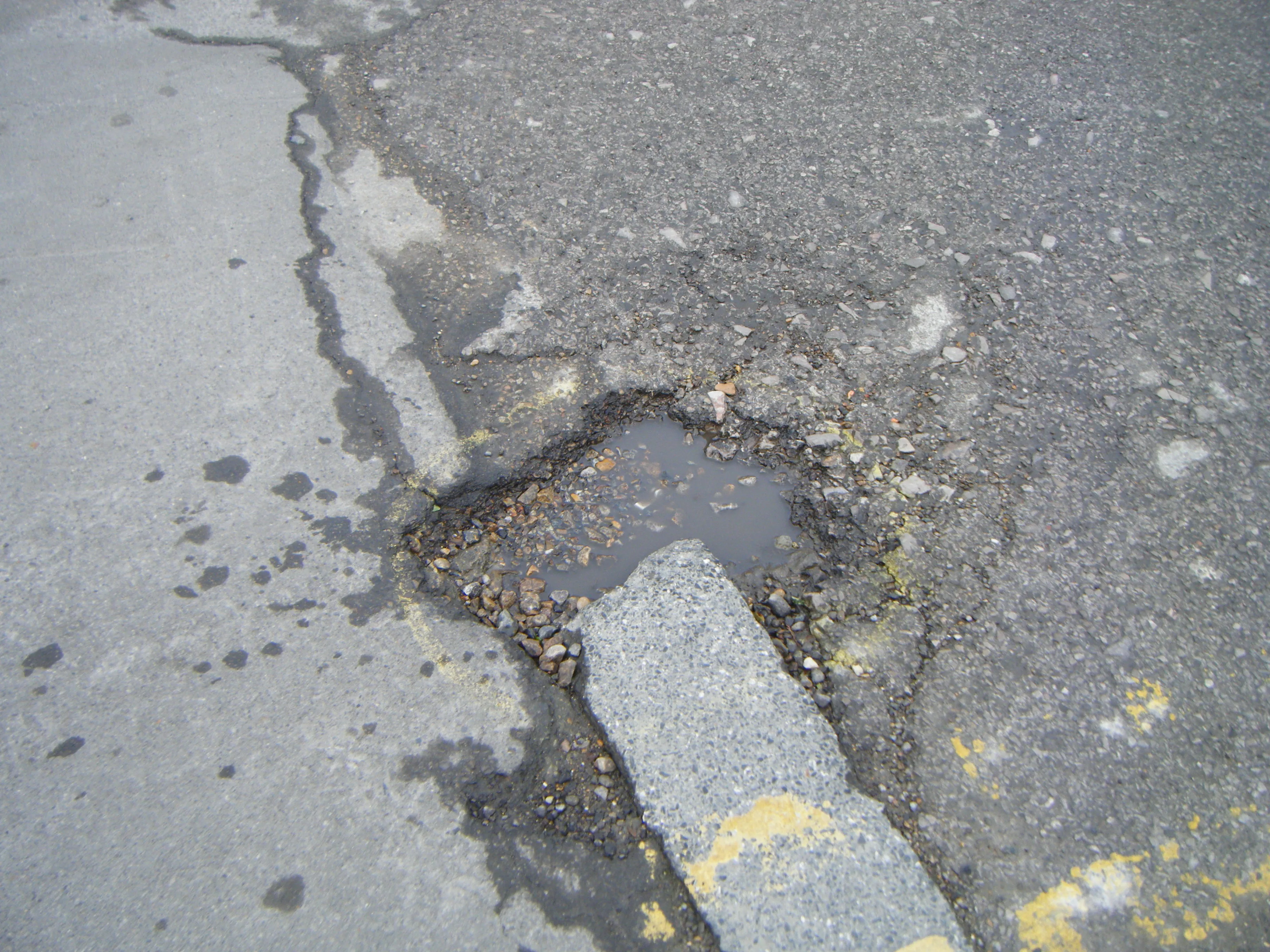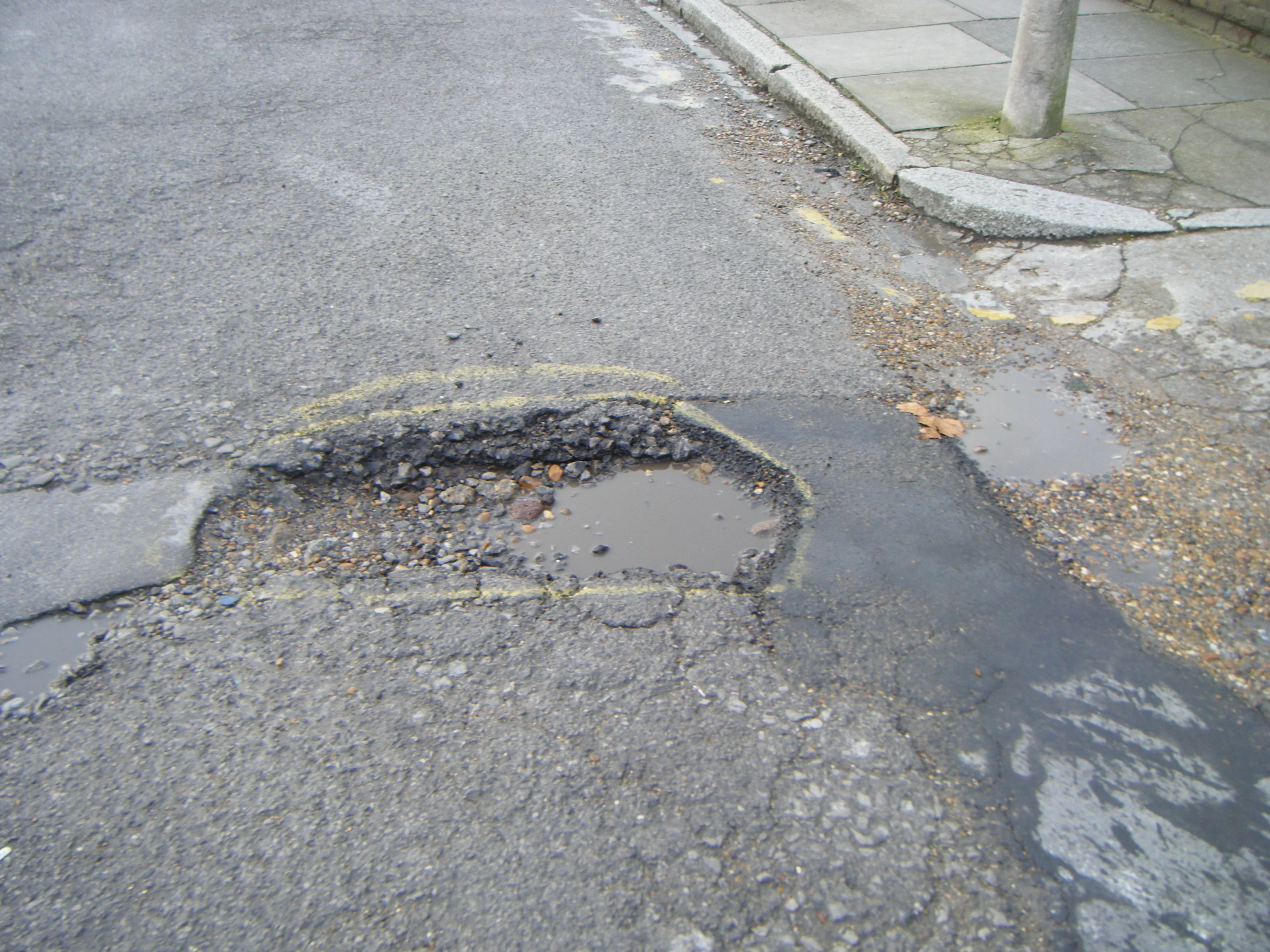Money coming to keep road projects going.
By David Arminas
June 1, 2020
Read time: 1 min

Latvia has spent more than €21 million on daily road maintenance so far in 2020, according to Latvijas Autocelu Uzturetajs, the state highway maintenance authority.
Juris Aksels Cirulis, head of LAU, said that surface maintenance of state roads accounted for almost €10.5 million while repairs of potholes totaled €1.4 million. The government also spent nearly €2 million on gravel road grading.
A total of 4,226 road traffic signs and more than 2,900 traffic signals were installed or repaired along state roads. Almost 1.2km or safety barriers were repaired.
In April, the government said it would spend an additional €75 million to get stalled road projects back on track.









